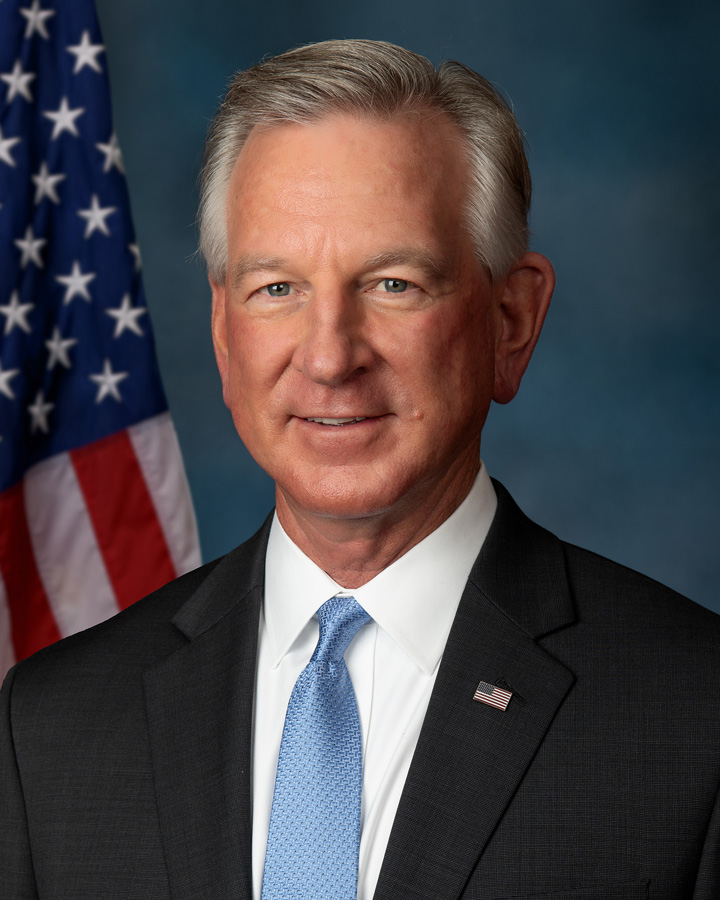For about 20 students, Room 300 of the Ferguson Center was a gateway to international opportunities Tuesday afternoon.
Foreign Service Officer John Natter delivered a speech about how a student can enter the Foreign Service profession and the different types of jobs and benefits that are available.
“Most people think that [the traditional application] is the only way of entering the service, but that it is not the case,” Natter said.
Natter began by explaining the duty of the State Department in regards to foreign affairs. The main job is to promote the foreign policy of the president. According to Natter, there are 265 representatives working abroad on various promotions.
“I was very interested in finding out more about the Foreign Service and found that knowing you have to be persistent and knowing that there are a lot of options was very helpful,” said Katherine Kelley, a freshman majoring in international studies.
Foreign Service, according to Natter, is made up of two parts—generalist and specialist. Generalist service is the traditional way of joining the Foreign Service where a person goes through a standard Foreign Service paper application and exam and an oral section, which, according to Natter, not everyone passes.
“[The specialist route] is the one I took, because I didn’t pass the foreign service operation exam,” Natter said. “The really good thing about the foreign service is that there are many different avenues and you can change once you get in.”
Foreign Service representatives learn a lot of languages and receive benefits, such as free housing and great retirement plans for the future, Natter said.
“There is more to it than bliss, scenery and traveling,” he said.
Students were given a chance to ask questions following the speech. Natter answered questions about safety in working abroad by explaining that there are several different types of security plans, though it varies from country to country because some countries are just unsafe. He also went into more detail about family benefits, including the fact that the housing for the whole family is free despite the downfall of constant traveling that some families have to cope with.
Sean Coe, a freshman majoring in business who attended the meeting to learn more about the Foreign Service career his father is already involved in, was glad to learn that “persistence is key” in working towards getting a job in the Foreign Service field, he said.
Throughout his speech Natter stressed that for more information on careers in Foreign and Civil Service, visit careers.state.gov.








